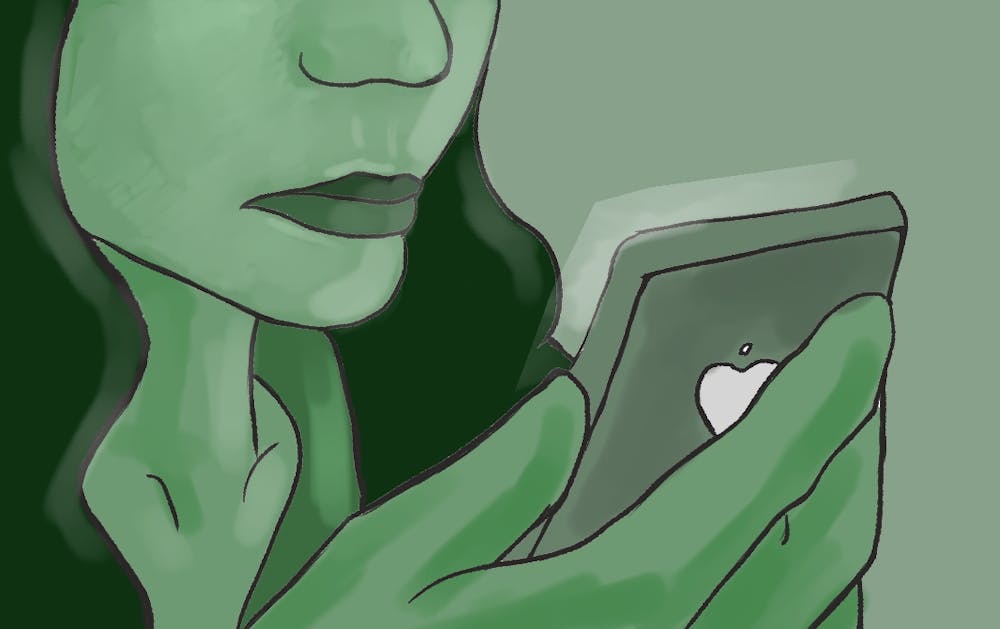Being in college, coupled with being immersed in social media, means students are constantly surrounded by peers and their highlight reels.
“I am so pleased to announce that I have received an internship from this amazing, world-renowned company, and am so excited to see where this journey takes me.”
If I opened my LinkedIn right now, the likelihood of me seeing this exact post is probably 100%.
I know the idea of comparison via social media has been studied and discussed a lot, but what we don't put enough emphasis on is the physical and personal impact it can have on students.
When students look at achievements and positions held by their peers, it is easy to feel as though they are not doing enough.
When going to career fairs and standing in lines for hours to not receive an interview, it is easy to feel as though there isn't a bright future ahead. When studying in the library to boost our GPA so we can get a job, it is easy to feel as though we have no fun.
It is easy to feel this way when we are immersed in what we think our peer's lives and achievements look like.
It can be easy to assume that the girl who is working two jobs, is a leader in three clubs, is taking 22 credits and has an awesome internship lined up for the summer is so happy and is going to be successful.
However, what we don’t see are the three hours of sleep she gets each night, or the lack of nutrition in her meals or that she is unable to keep up with her social relationships.
“One of the foundational attitudes of mindfulness is judgment and one of the people we judge the most is ourselves. When we compare, we build on that judgment we have on ourselves in a negative way," Teri Pipe, the University's chief well-being officer said.
This is not to say that it is impossible to do all those things, but it is also important to know yourself and what you value when deciding what you want to do.
"Mindfulness can help us come back to the balancing point to understand that each of us has something important to do and serve in the world, which is as unique as your fingerprint” Pipe said.
By removing yourself from other people's lives and things that have happened in the past or could happen in the future, you can allow yourself to be fully immersed in the present to enjoy and cherish what you are doing.
The mental impacts of stress can also lead to physical distress.
"When you’re comparing yourself to someone you start playing this what-if game, and so we trigger our brain to go into fight or flight and dismiss our critical thinking," Jamie Valderrama, a lecturer in the School of Social Work said.
"You might start feeling heaviness in your heart or your breathing and heart rate might accelerate," Valderrama said. "By paying attention to the body, you can take a step back and take preventive measures to make sure you calm the reaction down to handle the issue responsively instead of reactively."
When we compare ourselves to our peers, it is not only harmful to our body and mind, but also places a hindrance on their definition of our own abilities. We do not allow ourselves to find what we truly enjoy or actually want to do. Instead, we tie ourselves to what our peers post on their highlight reels.
Students need to start doing the things that they want to which can only happen once they start listening to their body and living in the moment. By not comparing ourselves to our peers, we can be more present with ourselves and accept our own unique purposes.
Reach the columnist at alshah2@asu.edu or follow @aasheeni on Twitter.
Editor’s note: The opinions presented in this column are the author’s and do not imply any endorsement from The State Press or its editors.
Want to join the conversation? Send an email to opiniondesk.statepress@gmail.com. Keep letters under 500 words and be sure to include your university affiliation. Anonymity will not be granted.
Like The State Press on Facebook and follow @statepress on Twitter.




